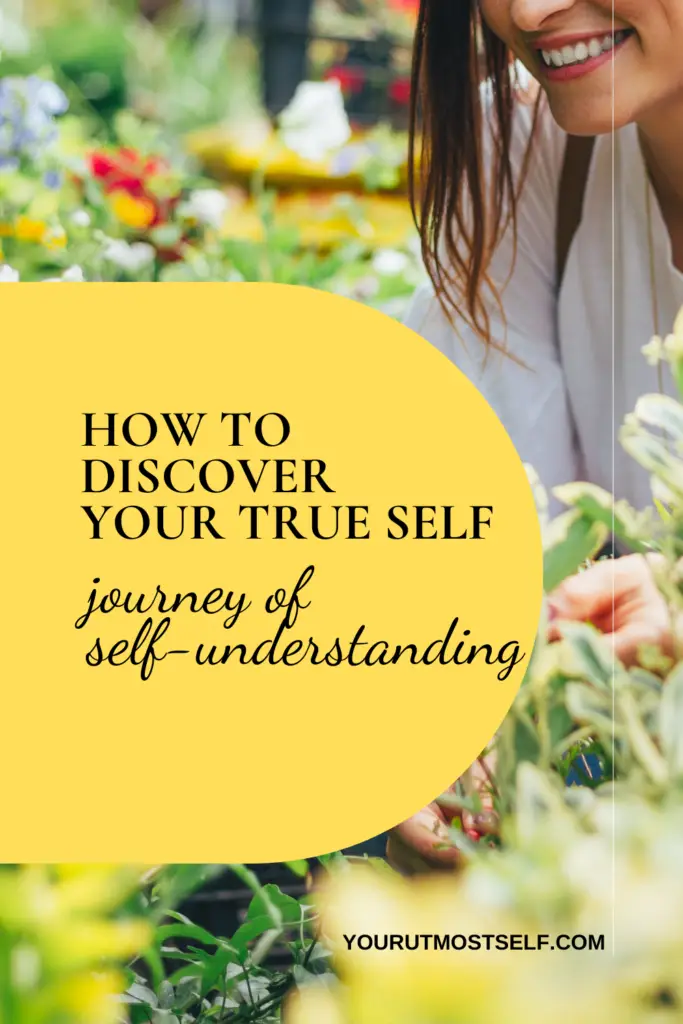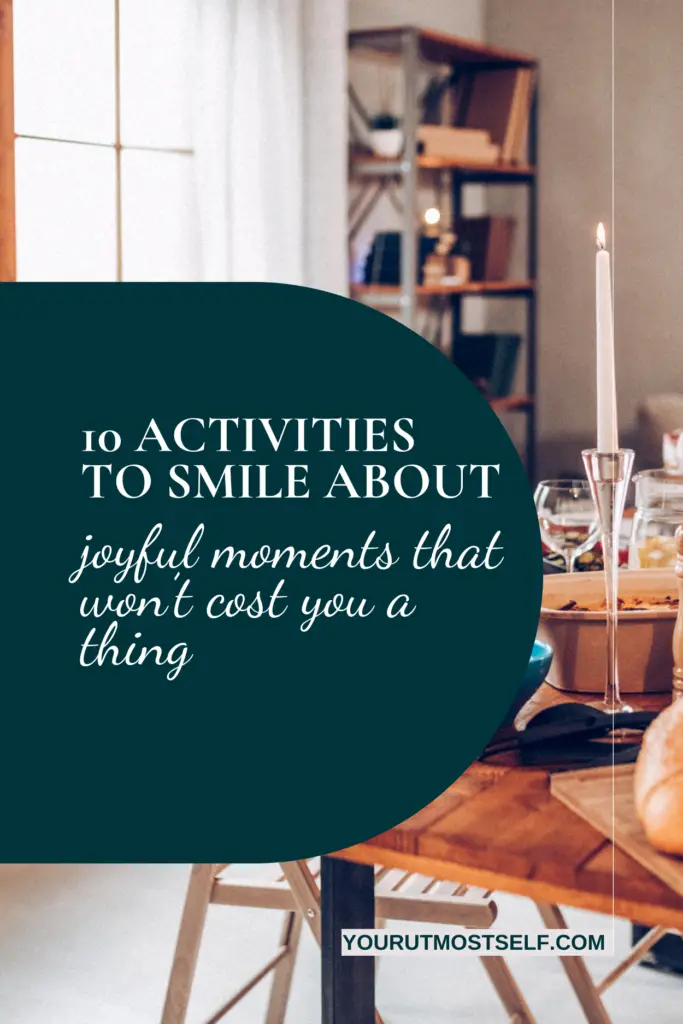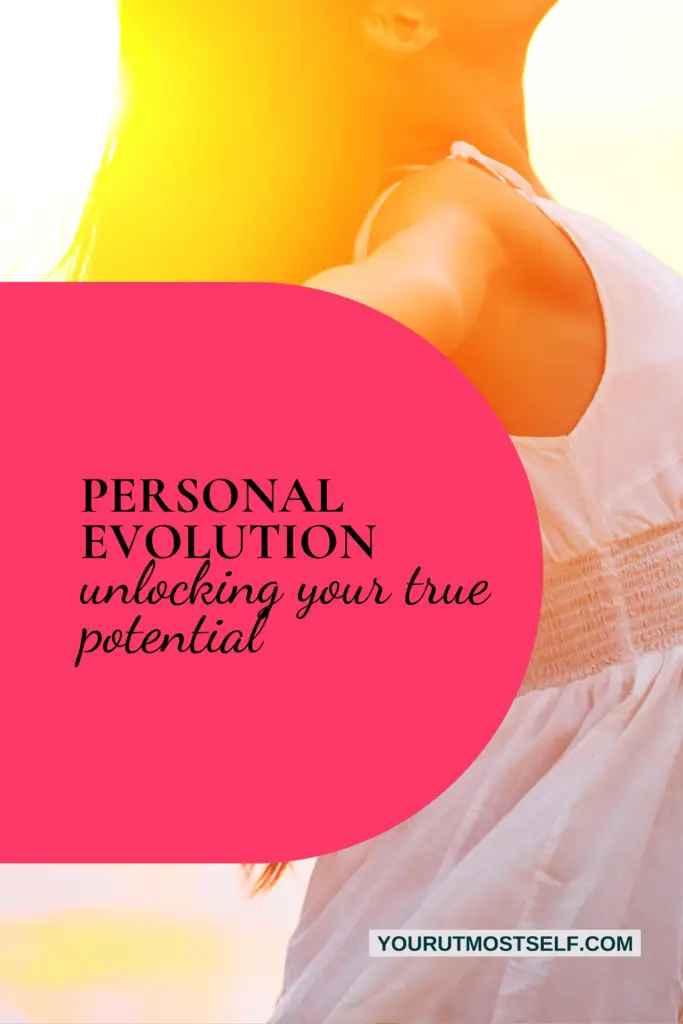Okay, let’s talk about something that’s been eating at me—and I bet it’s been eating at you, too. Are you exhausted all the time, even when you’re technically doing everything right? Like, you’re getting sleep, drinking your water, eating the good foods, and keeping up with all the things. But somehow, no matter what you do, you still wake up tired and just drag through the day thinking, “What is wrong with me?”
And here’s what I want to tell you—something that might sound a little surprising at first, but hear me out: You’re not exhausted all the time because you’re weak or lazy or getting older. I’ve lived this myself, and what I’ve discovered is that you’re tired because you’re disconnected from who you actually are.
The Kind of Tired That Sleep Can’t Fix
Y’all, there is a kind of fatigue that no amount of rest can touch. And if you’ve been feeling it—oh my goodness, I see you. You’re not broken. You’re just buried under years of putting everyone else first.
This isn’t about needing more sleep, you know what I mean? This is about that soul-deep exhaustion that comes from living so far out of alignment with yourself that you don’t even remember who “yourself” is anymore.
And here’s the thing—I used to think I was the only one feeling this way. However, after I began researching, I discovered something surprising. It turns out we’re not alone in feeling exhausted all the time.
You’re Not the Only One Who’s Exhausted All the Time
So get this—a 2023 study found that 76% of mothers report feeling completely overwhelmed by what researchers call the “mental load.” That’s all the invisible stuff we carry around in our heads, like remembering everyone’s schedules and managing all the family logistics.
However, what really blew my mind is that this mental load doesn’t decrease when our kids become adults. Actually, for those of us with young adults aged 18-25, the emotional stress and fatigue often become more intense. We’re trying to navigate their independence while also simultaneously questioning our own identity. It’s absolutely exhausting!
And the American Psychological Association dropped this bombshell in 2024—mothers of teens and young adults report higher levels of chronic fatigue than any other group. Even higher than new moms! At least new moms know why they’re tired and that it’ll eventually get better.
Why Your Brain Keeps You Exhausted All the Time
Here’s what I’ve learned that absolutely blew my mind: your brain wasn’t designed to run on autopilot forever. When we live disconnected from who we truly are—our needs, our desires, our genuine values—something amazing happens in our brains.
There was a study done by Dr. Lisa Feldman Barrett, and her research showed that when we can’t clearly identify what we’re feeling or what we need, our brain’s prediction system goes completely haywire.
Think about it—your brain is constantly trying to figure out what you need to feel good and function well. But when you’ve spent years pushing down your own needs to take care of everyone else, your brain literally loses the ability to predict what will actually restore your energy.
So, instead of running efficiently, you’re stuck in this constant low-level stress response. And that, my friend, is why you can sleep eight hours and still wake up feeling like you got hit by a truck.
The Invisible Weight Making You Exhausted All the Time
Oh my goodness, can we talk about the mental load for a hot minute?
Because this is where I really started to understand why I was exhausted all the time, even when my life looked perfectly manageable from the outside.
For those of us with young adults, this invisible weight includes worrying about their decisions while trying not to interfere—you know that dance, right? Then there’s managing our own emotional responses to their independence, which nobody talks about but is absolutely exhausting.
Plus, we’re processing our own identity changes as our primary role shifts, all while carrying the emotional weight of keeping family relationships smooth.
And here’s a number that made me want to scream: mothers of kids aged 18-24 spend an average of 3.2 hours per day in what researchers call “invisible thinking work.” That’s nearly 23 hours per week of mental energy that nobody sees or acknowledges. No wonder we’re exhausted all the time!
The Pressure That’s Making Everything Worse
But here’s the deal—this exhaustion doesn’t happen in a vacuum. We’re living in a culture that expects us to seamlessly transition from intensive parenting to rediscovering ourselves, all while maintaining perfect homes, thriving marriages, and maybe careers, too.
Can you believe this? A 2024 report found that 68% of mothers feel pressure to be “perfectly composed” during their children’s transition to adulthood. Meanwhile, 81% of us are saying this life stage feels more emotionally challenging than the toddler years. But we’re supposed to handle it gracefully and quietly, right?
I agree entirely with Dr. Brené Brown when she states that it is incredibly difficult to hold these opposing feelings without acknowledging the difficulty. It’s utterly exhausting at a cellular level. When we can’t be honest about our struggles, our nervous system never gets to actually rest.
When Sleep Doesn’t Help You Stop Being Exhausted All the Time
I’ve lived through this personally, and perhaps you have, too. I was doing all the “right things”—the house was clean, everyone was taken care of, and I was anticipating everyone’s needs before they even knew they had them. I looked like I had it all together. My family kept telling me I was ‘super mom,’ ‘super wife’ – But inside? I was completely empty.
Not because I didn’t love them. Not because I didn’t want to do it. But because I had completely erased myself in the process.
And here’s what the sleep research tells us that made so much sense to me: there’s a huge difference between physical rest and psychological restoration. Harvard found that people living out of alignment with their true selves showed normal sleep patterns but terrible recovery markers. Their bodies were resting, but their minds never fully powered down.
Dr. Matthew Walker explains that true restoration happens when our conscious and unconscious minds are actually aligned. When you’re living disconnected from your authentic self, your brain keeps processing that internal conflict even while you sleep. You wake up having rested your body but not your soul.
The Seven Ways We Stay Exhausted All the Time
After years of research and personal experience, I’ve identified seven core areas where being out of alignment can lead to that bone-deep fatigue that leaves us feeling exhausted all the time.
First, there’s knowing who you are beyond your roles—like, who are you when you’re not actively being Mom or Wife or the family organizer? Research shows women with strong individual identity markers report 40% less fatigue than those who define themselves only through relationships.
Then there’s your internal voice and worth—and y’all, the conversation in your head matters more than you think. UCLA research shows that being mean to yourself in your own head increases stress hormones by up to 35%. That’s chronic low-level stress that feels exactly like being tired all the time.
Authentic expression is huge, too. When you consistently push down your needs, dreams, and truth, your nervous system remains on high alert. Studies show people who regularly express their real thoughts and feelings have better sleep and more energy.
Connection and support aren’t just nice to have—they’re neurologically necessary. University of Michigan research found that women who feel truly understood by others recover from stress better and use energy more efficiently throughout the day.
Then there’s values-aligned living, which isn’t about perfect schedules but about making choices that actually reflect what matters to you. When your daily life matches your real values and energy patterns instead of everyone else’s expectations, your body’s natural systems work so much better.
Purpose and meaning beyond daily tasks provide what psychologists call “eudaimonic well-being”—basically, life satisfaction that actually gives you energy instead of draining it.
And finally, having clarity about where you’re going and why it matters gives your brain the information it needs to use energy efficiently instead of keeping you in constant preparation mode.
How to Know If You’re Exhausted All the Time from Identity Fatigue
So, how do you know if what you’re dealing with is this deeper exhaustion and not just needing more sleep? Here’s what I’ve noticed in my own life and what the research backs up.
You rest but don’t feel restored—you know that feeling, right? The quiet time comes, but your mind is still racing. Resentment builds even though everything looks fine on the surface. There’s constant “I don’t know” or “whatever works for you” coming out of your mouth way more than feels right. And that feeling of being invisible, even to yourself.
Suppose you’ve been telling people, “I just need a good night’s sleep” or “This is just a busy season,” while secretly thinking, “I’m so tired I don’t even care anymore,”. In that case, truthfully, this message is for you.
This isn’t weakness. This is disconnection. And the beautiful thing about disconnection is that it can be healed.
Small Steps to Stop Being Exhausted All the Time
When you’re disconnected from your core self—your needs, your voice, your desires—your entire system burns out. Because you weren’t made to live on autopilot. You were made to live with intention.
And before you panic, living with intention doesn’t mean having a perfect plan or waking up at 5 am with some complicated routine. It means being present in your own life, instead of disappearing into it.
It’s asking yourself simple questions like: What do I actually need today? What really matters to me right now? Where am I saying yes out of guilt instead of genuine desire?
Here’s something that gives me great hope: University of Pennsylvania research shows that people who spend just five minutes daily checking in with themselves—not writing goals or to-do lists, but genuinely asking “How am I doing?”—show significant improvements in energy levels within two weeks. Five minutes!
Your Gentle Roadmap Away from Being Exhausted All the Time
If those questions feel hard to answer, that’s completely okay. That doesn’t mean you’re broken—it means you’ve been in survival mode for a really long time, and that takes incredible strength.
The Your Utmost Life Alignment Check-In I created is designed to be gentle and not overwhelming. It asks you to honestly look at those seven core areas I mentioned, but here’s what makes it different: it doesn’t demand that you fix everything at once.
Instead, it asks you to choose just one word to focus on this week and one tiny action to take. Because research consistently shows that real, lasting change happens through small adjustments, not dramatic overhauls that make your family worry you’re having a breakdown.
You Are Not Selfish for Not Wanting to Be Exhausted All the Time
If you’re still with me, I need you to hear this with your whole heart: You are not weak. You are not behind. You are not selfish for wanting to feel like yourself again.
You’re exhausted all the time because you’ve been holding up everyone else’s world without letting anyone hold up yours. You’ve been the emotional center of gravity for your home, your marriage, your kids. You’ve kept all the plates spinning, and you’ve done it beautifully.
But here’s what I want you to know: wanting to feel alive in your own life isn’t selfish. Taking care of yourself isn’t taking anything away from your family—it’s actually giving them the gift of a mom who’s present and engaged instead of running on empty.
Dr. Kristin Neff’s research on self-compassion shows that women who treat themselves with the same kindness they show others experience a 43% increase in energy levels within 30 days. Forty-three percent! Just from being nice to yourself.
Coming Home to Yourself Without Disrupting Everyone
Healing this exhaustion doesn’t mean walking away from the people you love. There’s no need for dramatic changes that scare your family or make them feel unloved. The answer is simply coming back to yourself, one small step at a time.
And here’s the beautiful truth I’ve discovered: the moment you start asking “What do I need?” alongside “What do they need?” everything shifts. Your energy doesn’t just return—your aliveness does. And that benefits everyone who loves you.
You are not alone in feeling exhausted all the time. You are not too far gone. And you are definitely not too late. You’re just ready to begin the gentle journey home to yourself.










